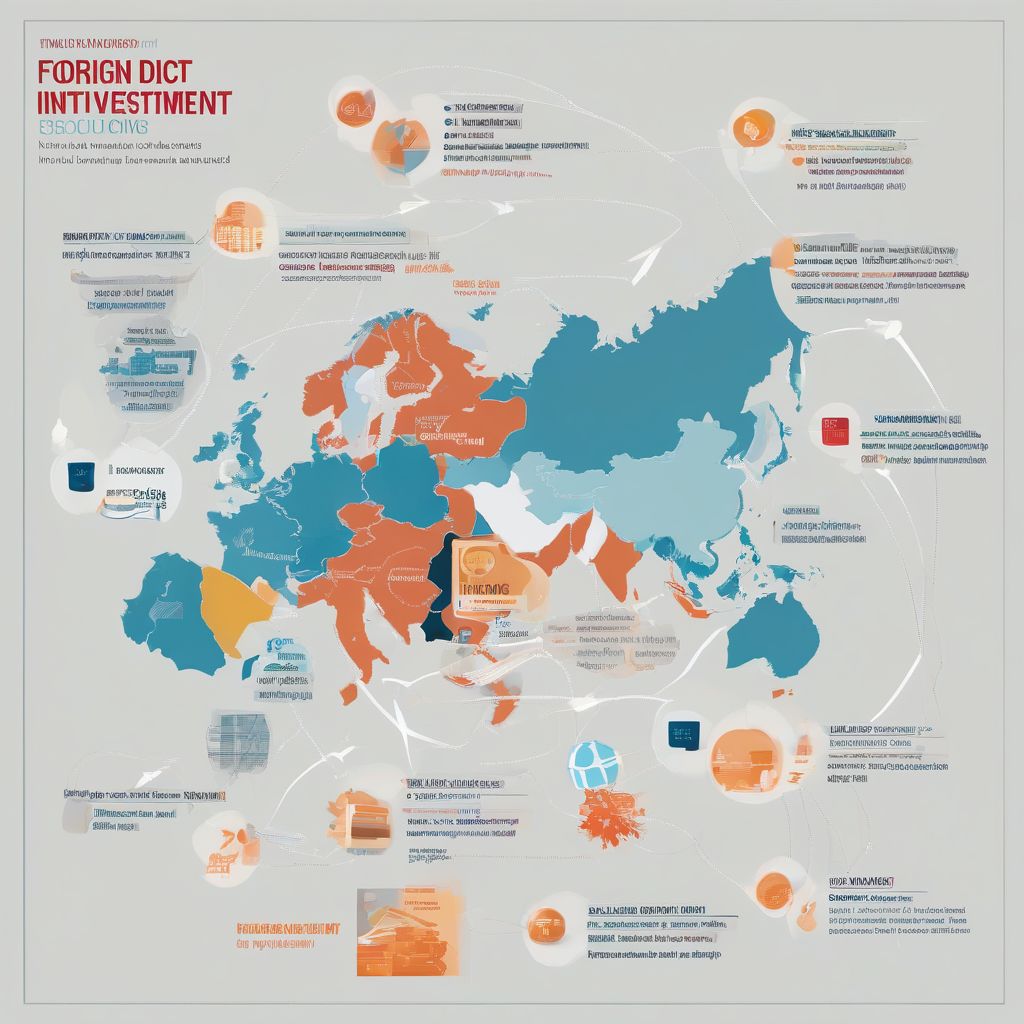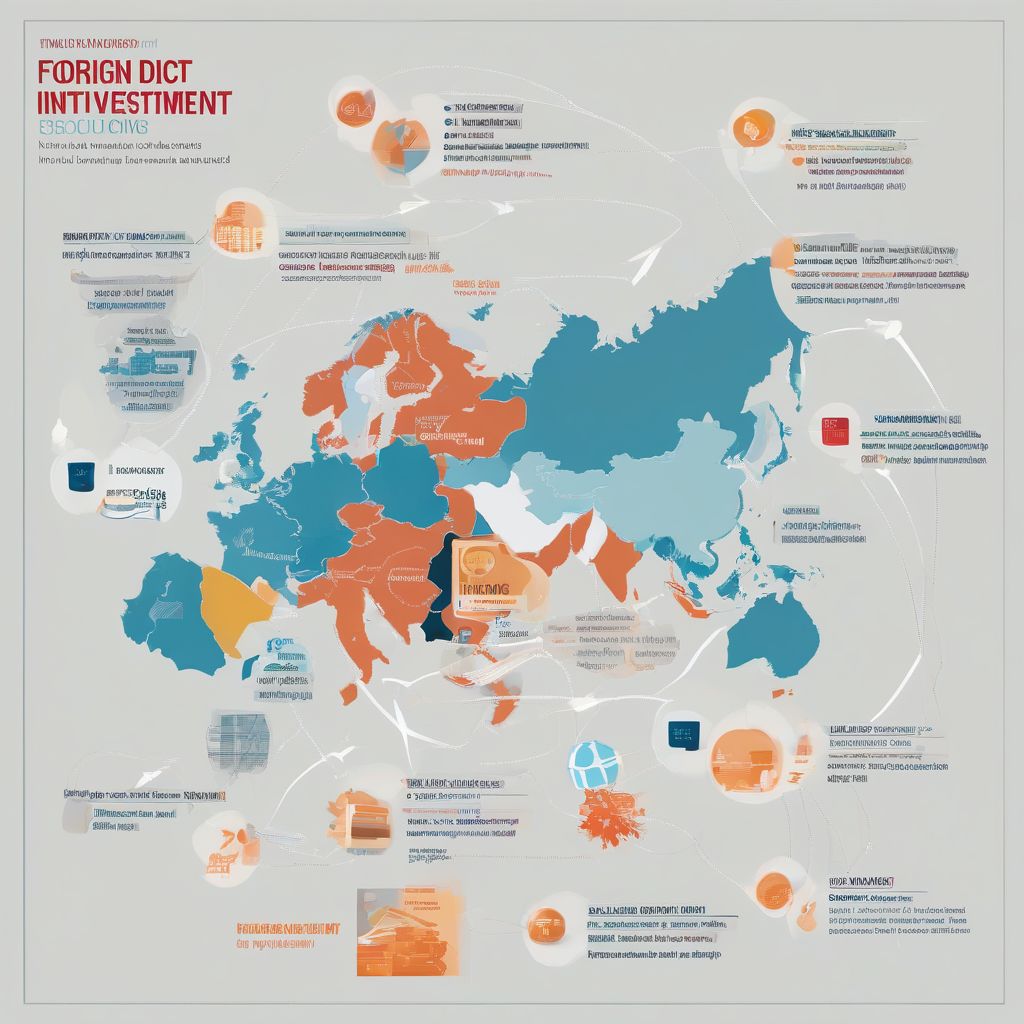In today’s interconnected global economy, the concept of foreign direct investment (FDI) plays a pivotal role in shaping economic landscapes and fostering international collaboration. Whether you are a seasoned investor, a business enthusiast, or simply curious about the world of finance, understanding the Definition Of Foreign Direct Investment is crucial.
What is Foreign Direct Investment?
Foreign direct investment is an investment made by a company or individual residing in one country (the home country) to establish a lasting interest in a company or asset located in another country (the host country). This “lasting interest” implies a significant degree of influence and control over the investment, going beyond mere portfolio investment.
Key Characteristics of FDI:
- Lasting Interest: FDI signifies a long-term commitment to the investment, reflecting a strategic intent rather than a short-term profit motive.
- Significant Control: Investors involved in FDI seek a level of control over their investment, often taking an active role in management decisions, unlike passive portfolio investors.
- Cross-border Nature: FDI involves capital flows across national borders, linking economies and markets.
 Foreign Direct Investment Concept
Foreign Direct Investment Concept
Unpacking the Definition of Foreign Direct Investment: Why is it Important?
Now that we have a grasp of what constitutes FDI, let’s delve into why it holds such significance in the global economic arena:
For Host Countries:
- Economic Growth: FDI injects much-needed capital into the host country, boosting economic growth and development.
- Job Creation: By establishing new businesses or expanding existing ones, FDI generates employment opportunities, uplifting local communities.
- Technology Transfer: Foreign investors often bring advanced technologies and expertise, facilitating knowledge transfer and enhancing productivity in the host country.
- Improved Infrastructure: FDI can contribute to the development of infrastructure, such as transportation, communication, and energy, laying the groundwork for further economic progress.
For Investing Countries:
- Access to New Markets: FDI provides companies with access to new markets and customer bases, expanding their reach and revenue potential.
- Resource Acquisition: Investing in foreign countries can grant access to valuable resources, such as raw materials, skilled labor, or strategic locations.
- Cost Advantages: Some companies engage in FDI to leverage cost advantages in production, labor, or raw materials offered by certain host countries.
- Risk Diversification: By spreading investments across different countries, companies can diversify their portfolios and mitigate risks associated with economic downturns in any single market.
Common Types of Foreign Direct Investment:
FDI can manifest in various forms, each with its unique implications:
- Greenfield Investment: Establishing a completely new facility, such as a factory or a production plant, in a foreign country.
- Mergers and Acquisitions (M&A): Acquiring a controlling stake in an existing company in the host country or merging with it.
- Joint Ventures: Forming a partnership with a local company in the host country to conduct business together.
Delving Deeper: Exploring Key Aspects of FDI
- Factors Influencing FDI: Several factors influence the flow of FDI, including political stability, economic policies, market size, infrastructure, and the availability of skilled labor in the host country.
- Measuring FDI: Economists and policymakers closely monitor FDI inflows and outflows as indicators of economic health and global investment trends.
- Regulations and Policies: Governments often implement policies and regulations to attract or restrict FDI, aiming to maximize its benefits while safeguarding national interests.
Conclusion: Navigating the Complexities of FDI
The definition of foreign direct investment encompasses more than just capital flows. It represents a strategic interplay of economic forces, government policies, and business decisions. Understanding the nuances of FDI is essential for anyone seeking to navigate the complexities of international business and global economic trends.
